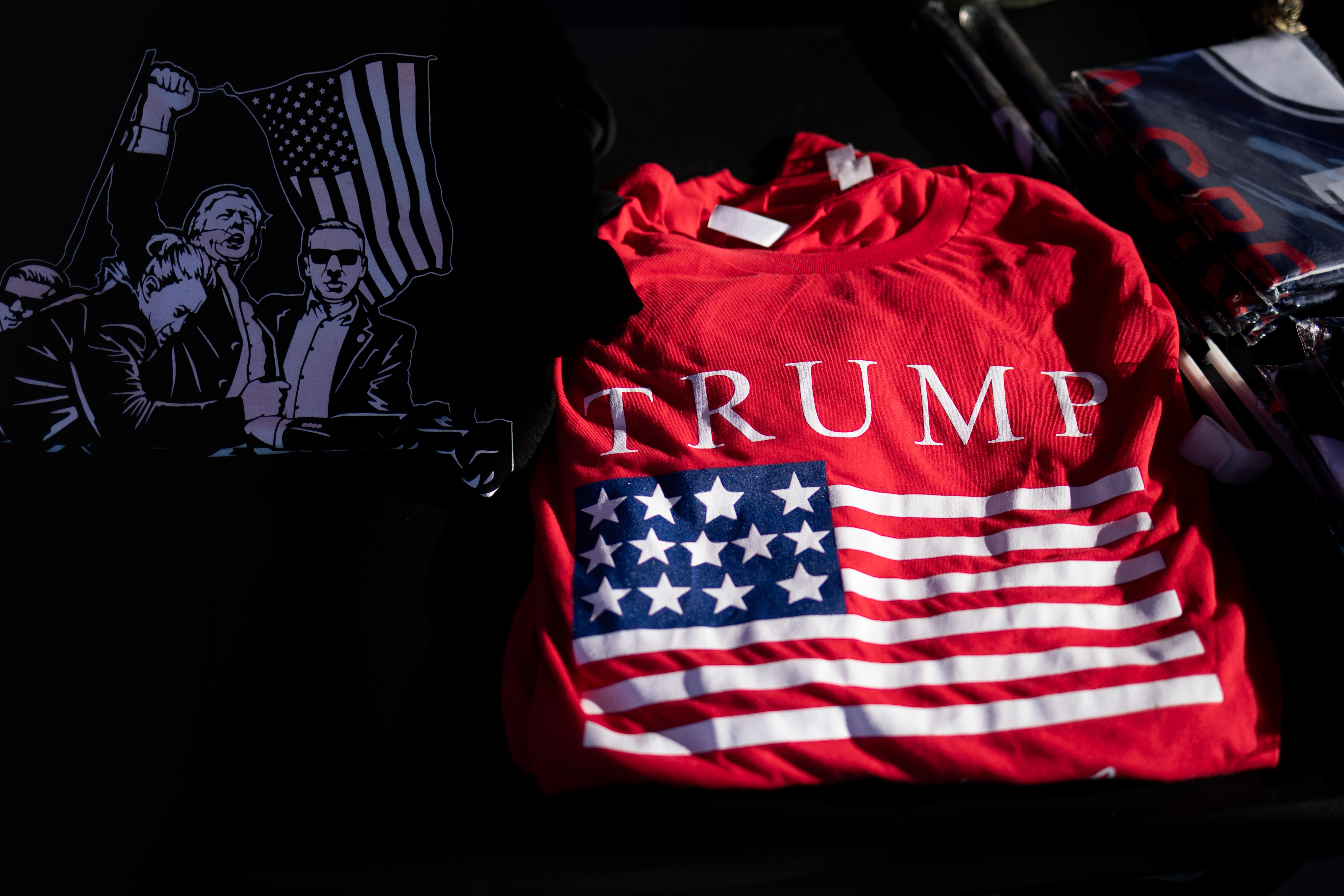The Department of Justice is suing Texas over new redistricting maps approved by Republican Gov. Greg Abbott this fall, saying the plans discriminate against voters in the state's booming Latino and Black populations.
The lawsuit, filed Monday in the Western District of Texas, claims the state's new maps violate section two of the Voting Rights Act by diluting the votes of minorities and protecting white districts.
U.S. Attorney General Merrick Garland and Associate Attorney General Vanita Gupta said Monday the DOJ was taking action against the Lone Star State over voting district maps they allege were drawn with "discriminatory intent." The DOJ is asking the court to prohibit Texas from conducting elections under the challenged plans, to order the state to lawfully redraw the districts, and to establish interim plans pending lawful redistricting.
Get top local stories in Philly delivered to you every morning. Sign up for NBC Philadelphia's News Headlines newsletter.
The current maps were drawn by state legislators during a special session this fall and quickly signed and approved by the governor in late October.
"The complaint we've filed today alleges that Texas has violated section two by creating redistricting plans that deny or abridge the rights of Latino or Black voters to vote on account of their race, color, or membership in a language minority group," Garland said.
Gupta said several of the state's districts were drawn with "discriminatory intent" in a "rushed process ... with an overall disregard for the massive minority population growth over the last decade,"
Politics
"Despite the significant increase in the number and proportion of eligible Latino and Black voters in Texas, the newly enacted redistricting plans will not allow minority voters an equal opportunity to elect representatives of their choice," Gupta said.
The DOJ alleges the new maps "dilute increased minority strength" and do not allow minorities an equal opportunity to elect representatives of their choice by packing them into bizarre-shaped districts which lower the share of minority voters -- a Dallas-area one is referred to as a "seahorse" shape -- while preserving safe seats for white Republicans.
- In West Texas' competitive 23rd district, the map trimmed out areas near El Paso and San Antonio to lower the share of Latino voting-age residents by 9%.
- In the Dallas area, it pulled Black and Latino residents of the northwest suburbs out of the district of Rep. Beth Van Duyne, who narrowly won her reelection bid against a Democratic Black Latina candidate last year.
- In the Houston area, where the share of the white population is dwindling, the map kept six of 10 House districts as white-majority or plurality districts.
Additionally, Gupta said the DOJ's investigation revealed the state's maps for two new seats in the House of Representatives to have white voting majorities even though the state gained the seats due to the growth in minority populations.
According to the DOJ, Texas has grown in population by four million people over the last decade, and that 95% of that growth is in Black, Latino and Asian populations.
Abbott did not immediately respond to a request for comment from the AP and as of this writing has not tweeted about the lawsuit.
Former Rep. Beto O'Rourke, a Democrat who is challenging Abbott next year, tweeted: "Texas leaders would rather gerrymander election maps and handpick their own voters than earn their place in power by listening and responding to the needs of Texans."
Texas Attorney General Ken Paxton, a Republican, condemned the litigation as an intrusion by the Democratic administration in a tweet and said he was certain the state would prevail: "The Department of Justice's absurd lawsuit against our state is the Biden Administration's latest ploy to control Texas voters. I am confident that our legislature's redistricting decisions will be proven lawful, and this preposterous attempt to sway democracy will fail."
Lawsuit: USA vs. Texas and John Scott
Garland Urges Congress to Restore Preclearance Protection
Garland said during Monday's news conference that in 2013 the Supreme Court effectively eliminated the preclearance provision in the Voting Rights Act, which had been the DOJ's best tool for protecting voting rights by giving the DOJ oversight into how voting maps were drawn.
This redistricting cycle is the first since 1960 to be done without the protection of preclearance and Garland, who urged Congress to restore the DOJ's preclearance authority, said the action taken by the DOJ Monday likely would not have been necessary had the provision remained in place.
"This is not the first time that Texas has acted to minimize the voting rights of its minority citizens," Gupta said. "Decade after decade, courts have found that Texas has enacted redistricting plans that deliberately dilute the voting strength of Latino and Black voters and that violate the Voting Rights Act."
Texas has had to defend its maps in court after every redistricting process since the Voting Rights Act took effect in 1965, but this will be the first since a U.S. Supreme Court ruling said Texas and other states with a history of racial discrimination no longer need to have the Justice Department scrutinize the maps before they are approved.
DOJ Sues Texas Over New Voting Restrictions
The action taken Monday is not the only action taken by the Justice Department against the state's recent legislative action.
Last month, Garland sued Texas in a separate lawsuit over new voting laws passed over the summer by the state legislature. The lawsuit targets provisions surrounding mail-in voting requirements and voter assistance outlined in the Voting Rights Act and Civil Rights Act but does not challenge the entirety of the sweeping legislation signed in September.
Texas Gov. Greg Abbott (R) and other Texas Republicans said the changes provide safeguards against voter fraud, which is rare. The governor asserted in a tweet that he and his administration were ready to defend the law, which he said is legal, in court. "Bring it," Abbott tweeted, adding the law increases the hours to vote, restricts illegal mail ballot voting, and makes ballot harvesting a felony.
The Associated Press' Acacia Coronado contributed to this report.



